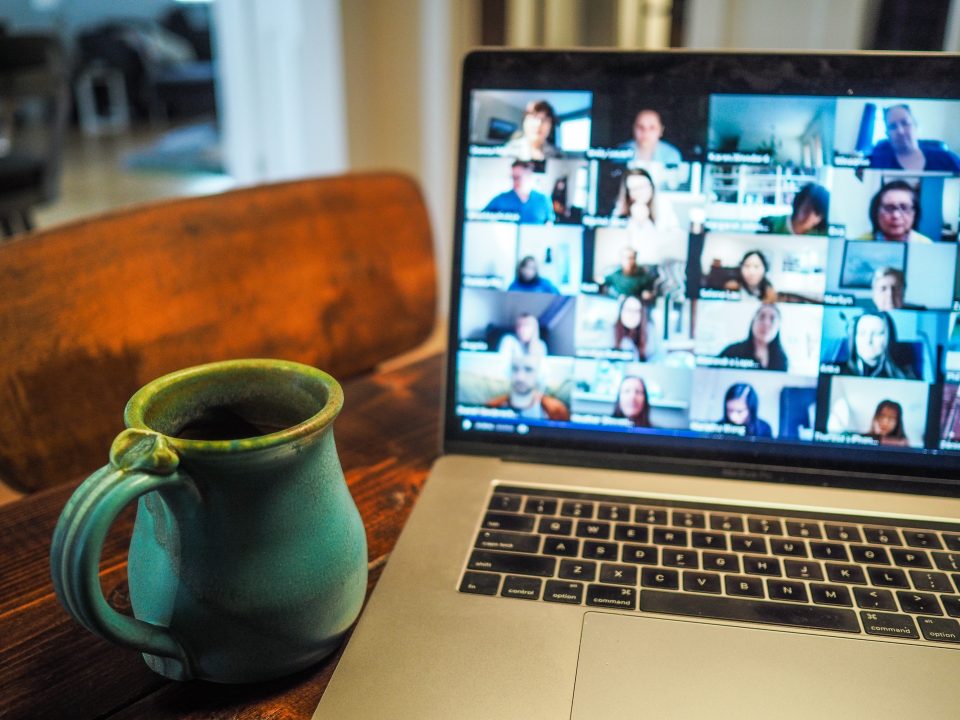Managing a multicultural team in the time of divisive narratives.

My path into the intercultural field
22. August 2019
Working across differences? You need Optimism.
23. October 2019Managing a multicultural team in the time of divisive narratives.

The international political environment is changing day by day and it is becoming difficult to interpret due to its high level of uncertainty. Governments all over the world are implementing strict policies to safeguard national economies, giving rise to dynamics that impact organizations and that are a consequence of effects which goes beyond the boarders of commercial measures and regulations. The result is the diffusion of a divisionist rhetoric which feeds debates about diversity and exclusion with repercussions even within the corporate environment. Even though most of the organizations are based on team-oriented organizational architectures adopted to achieve better qualitative and quantitative results, the high degree of diversity which characterizes groups at all levels of this structure makes them particularly exposed to the negative influence boosted by the “us vs others” narrative. While resentment and mistrust seem to prevail within the global society, teams across organizations are called to deal with external pressures and to lead by example embracing diversity through effective communication, cross cultural collaboration, and all members empowerment.
In order to develop an adequate strategy able to overcome obstacles set by societal polarization, leaders should focus on enhancing group belongingness and psychological safety. Indeed, research suggests that there is a lot of room for improving these two dimensions and creating cohesive and highly performing groups in spite of the unpredictable context.
Will Felps, Terence R. Mitchell, and Eliza Byington in <<How, When, and Why Bad Apples Spoil the Barrels: Negative Groups Members and Dysfunctional Groups” (Research in Organizational Behaviour, 2006), conducted an insightful study based on 44 people divided into groups and tasked with the elaboration of a marketing plan. Analyzing how people collaborate, authors argue that the behavior of a single team member can be a catalyst for dysfunctions that in turn affect the whole group. The “Bad Apple” experiment which is part of this research, underlines the importance of feeling psychologically safe in the group in which one is operating.
When a person or a situation challenges the team’s harmony, a moderator can step in to build supportive and constructive relationships with colleagues, based on respect and shared norms which can foster the conditions of meaningful safety and engagement of the human spirit. The adoption of this approach leads to better exchange of crucial information, smoother identification of problems, participative decision-making process, and effective implementation of common action plans.
However, as mentioned above psychological safety and group belongingness are two parallel dimensions and to comprehend what belonging to a team within the business means, stakeholders should go one layer deeper to understand the cultural root behind this concept. The theoretical difference between “personal agency” and “collective agency” helps in handling with the role assigned to the relationship “individual-context” , whose understanding is necessary to suit the values and visions of a team member. American social psychologist Richard E. Nisbett describes how Westerners tend to imagine individuals as independent human beings whose desire is the pursuit of personal success thanks to attributes which make them unique and powerful. This influence comes from the Ancient Greece and is in contrast with the collective perspective raised in Ancient China and widely extended to other Asian regions which is still preferred even today. Here, an individual defines himself in virtue of relationships established within the network where one is immersed. Accordingly, harmony based on group belongingness becomes the route to succeed. The dichotomy emerges in the framework of several trends which, for example, show how Americans, British, and Canadians orient themselves to jobs with a limited duration, while Japanese, Chinese, and Koreans prefer a life time work position. In this case, the management should build a team taking into account the cultural differences which relate to its members, and create a bridge between them through the promotion of debates, programs, and initiatives intended to educate employees in knowing more about each other’s background and personal expectations.
Placing ourselves as individuals, members of a family, professionals and global citizens in the modern society requires major efforts to resist the ideas spread by those who are having a hard time accepting that the world we are living in is different from the one inherited from the ancestors. We cannot lie. Everyone has come across negative feelings such as loneliness, demotivation,frustration and maybe fear of being what one really is and for this reason dismissing the temple of cultural misconceptions and prejudices requires a moral commitment even inside the halls of a company, where changes can take place for the benefit of a more equal, inclusive, and rational workplace, but most of all in favor of a better society.



